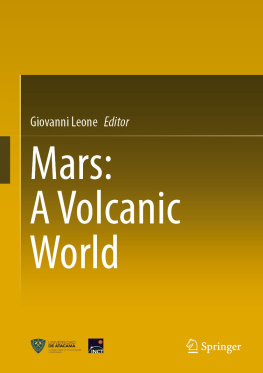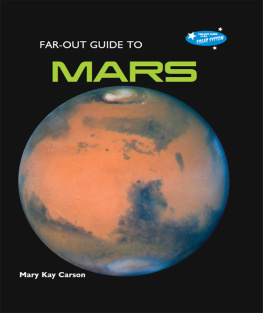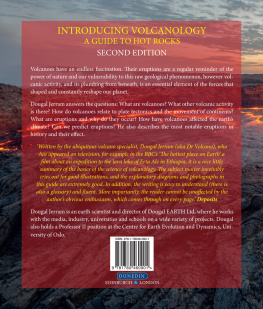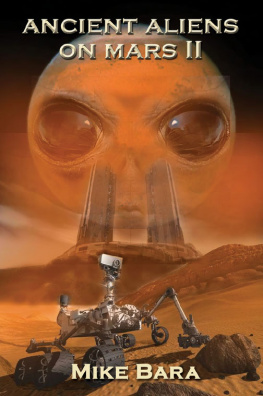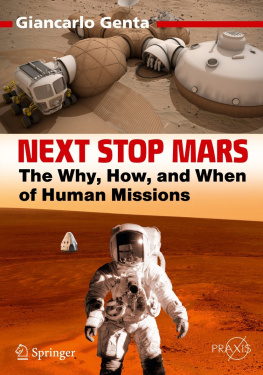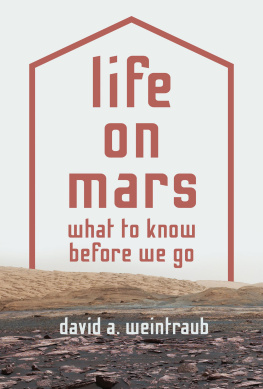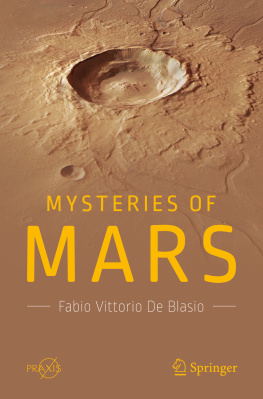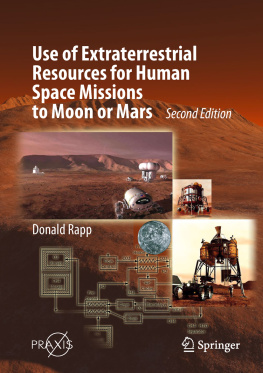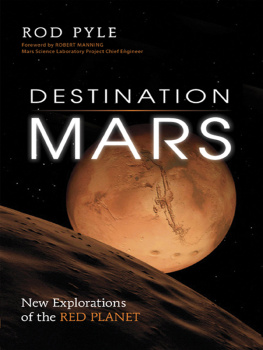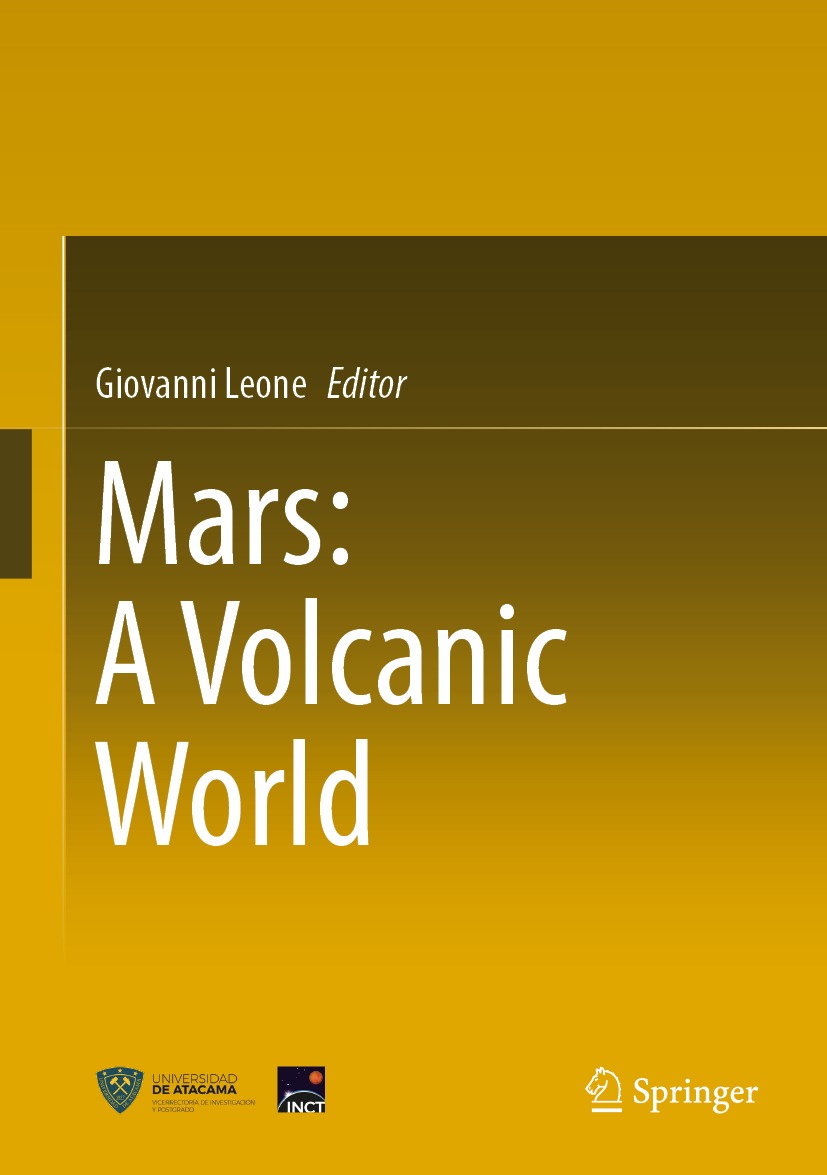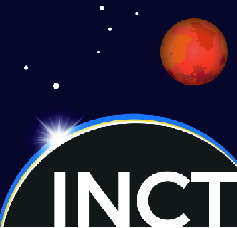Giovanni Leone - Mars: A Volcanic World
Here you can read online Giovanni Leone - Mars: A Volcanic World full text of the book (entire story) in english for free. Download pdf and epub, get meaning, cover and reviews about this ebook. year: 2021, publisher: Springer, genre: Children. Description of the work, (preface) as well as reviews are available. Best literature library LitArk.com created for fans of good reading and offers a wide selection of genres:
Romance novel
Science fiction
Adventure
Detective
Science
History
Home and family
Prose
Art
Politics
Computer
Non-fiction
Religion
Business
Children
Humor
Choose a favorite category and find really read worthwhile books. Enjoy immersion in the world of imagination, feel the emotions of the characters or learn something new for yourself, make an fascinating discovery.
- Book:Mars: A Volcanic World
- Author:
- Publisher:Springer
- Genre:
- Year:2021
- Rating:3 / 5
- Favourites:Add to favourites
- Your mark:
Mars: A Volcanic World: summary, description and annotation
We offer to read an annotation, description, summary or preface (depends on what the author of the book "Mars: A Volcanic World" wrote himself). If you haven't found the necessary information about the book — write in the comments, we will try to find it.
This book is a comprehensive advancement about the understanding of the volcanology of Mars in all its aspects, from its primary formation to its evolution in time, from the smaller structures to the bigger structures. It discusses the implications of volcanism in the general environmental and geological context of Mars. The book is validating the Southern Giant Impact Hypothesis explaining the formation of Mars in an interdisciplinary approach, including mineralogical, geochemical, volcanological as well as geomorphological information. Implications for future explorations in terms of resources are provided. This book serves as a textbook for undergraduate and graduate level to foster new basic research in the field of planetary volcanology and is a new guide for future missions toward a volcanic world, including new detailed information for the general audience who is always keen to know more about the history of Mars and its large volcanoes. The book also presents an updated situation about the water resources of the planet.
Giovanni Leone: author's other books
Who wrote Mars: A Volcanic World? Find out the surname, the name of the author of the book and a list of all author's works by series.

